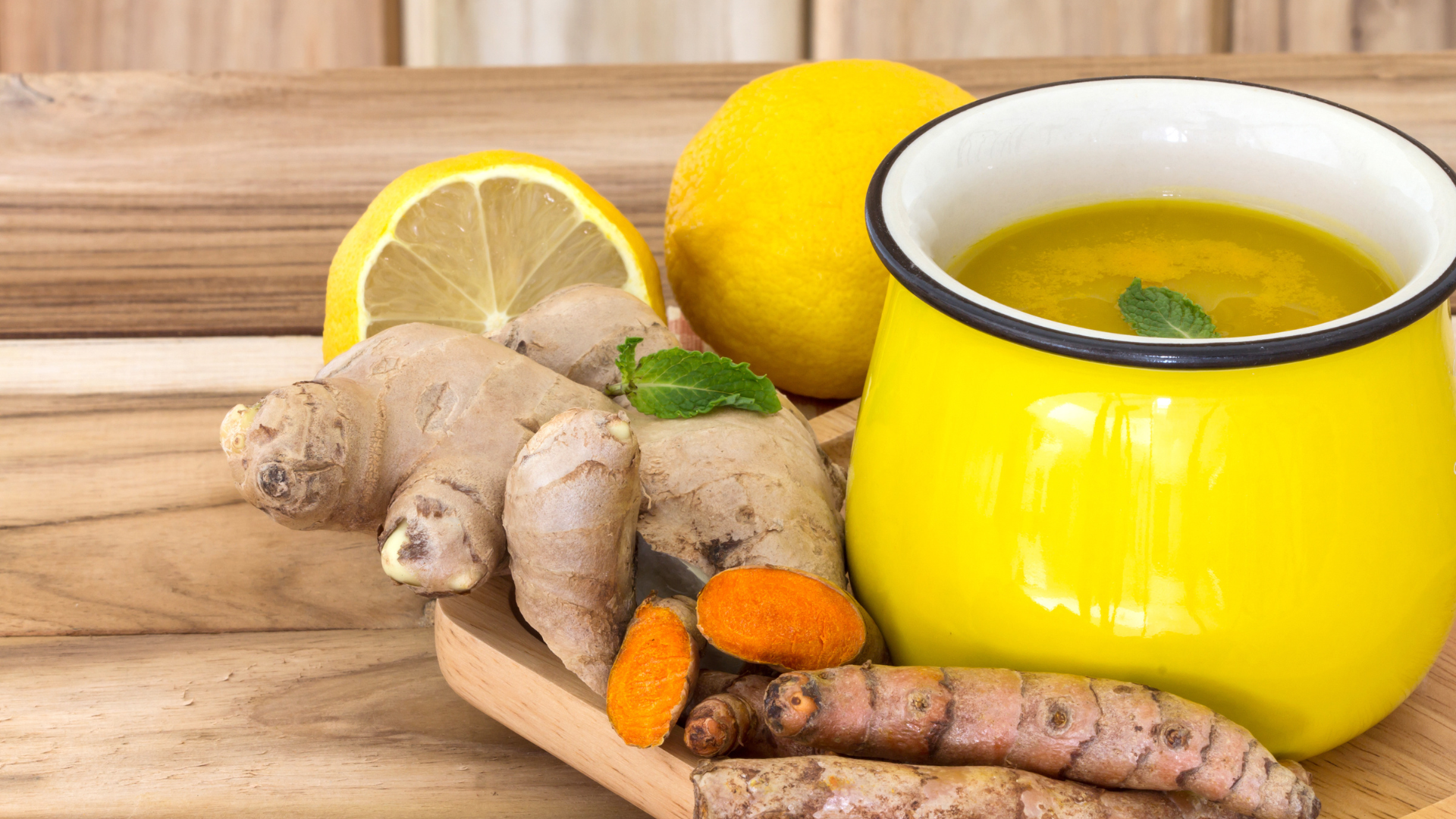
Ginger and tulsi (holy basil) are two herbs that have been widely used in traditional medicine for their various health benefits. When consumed individually or combined, they can offer a range of positive effects on health.
Table of Contents
Potential benefits of Ginger:
- Anti-Inflammatory Properties: Ginger contains bioactive compounds with potent anti-inflammatory effects, which may help reduce inflammation in the body. This can be beneficial for conditions involving chronic inflammation.
- Nausea and Digestive Aid: Ginger has been traditionally used to alleviate nausea, including motion sickness, morning sickness during pregnancy, and chemotherapy-induced nausea. It also aids in digestion by promoting the flow of saliva and digestive juices.
- Antioxidant Effects: The antioxidants in Ginger help combat oxidative stress and may protect the body's cells from damage caused by free radicals.
- Joint Pain Relief: Due to its anti-inflammatory properties, Ginger may help reduce joint pain and stiffness, making it potentially beneficial for individuals with osteoarthritis or rheumatoid arthritis.
- Reduced Menstrual Pain: Some studies suggest that ginger may help alleviate menstrual pain and discomfort when consumed regularly.
- Lowering Blood Sugar Levels: There is evidence that ginger may help regulate blood sugar levels, which could be beneficial for individuals with diabetes or those at risk of developing diabetes.
- Heart Health: Ginger may contribute to heart health by reducing blood pressure and cholesterol levels, potentially lowering the risk of cardiovascular diseases.
Culinary Uses
Ginger can be used in a variety of ways, both in cooking and for medicinal purposes. Here are some common methods:
- Fresh Ginger:
- Grated or Minced: Fresh ginger can be grated or minced and added to stir-fries, soups, sauces, and marinades to impart a spicy, aromatic flavor.
- Sliced: Thin slices of ginger can be added to teas, broths, or sautéed with vegetables and meats.
- Pickled: Pickled ginger, often served with sushi, can be made by soaking thin slices in vinegar and sugar.
- Ground Ginger:
- Baking: Ground ginger is a popular spice in baking, used in gingerbread, cookies, cakes, and muffins.
- Seasoning: It can be added to spice blends and rubs for meats, or sprinkled into sauces and dressings.
- Ginger Tea:
- Fresh ginger slices can be steeped in hot water to make a soothing tea. Adding honey and lemon can enhance its flavor and health benefits.
- Ginger Juice:
- Extracted from fresh ginger, ginger juice can be added to smoothies, juices, or used as a marinade for meats and vegetables.
Medicinal Uses
- Ginger Tea:
- Drinking ginger tea can help alleviate nausea, improve digestion, and reduce inflammation.
- Ginger Capsules or Supplements:
- Ginger supplements are available in capsule form and can be taken to help with motion sickness, morning sickness, and to reduce inflammation and pain.
- Topical Applications:
- Ginger oil or ginger-infused lotions can be applied topically to relieve muscle pain and arthritis.
- Ginger Essential Oil:
- Used in aromatherapy, ginger essential oil can help reduce stress, improve mood, and support respiratory health.
- Homemade Remedies:
- Mixing ginger with honey and lemon can create a natural remedy for sore throats and colds.
- Ginger can also be combined with turmeric to enhance its anti-inflammatory effects in homemade tonic drinks.
By incorporating ginger in various forms, you can leverage its diverse health benefits while enjoying its distinct flavor in your culinary creations.




Leave a Reply
You must be logged in to post a comment.